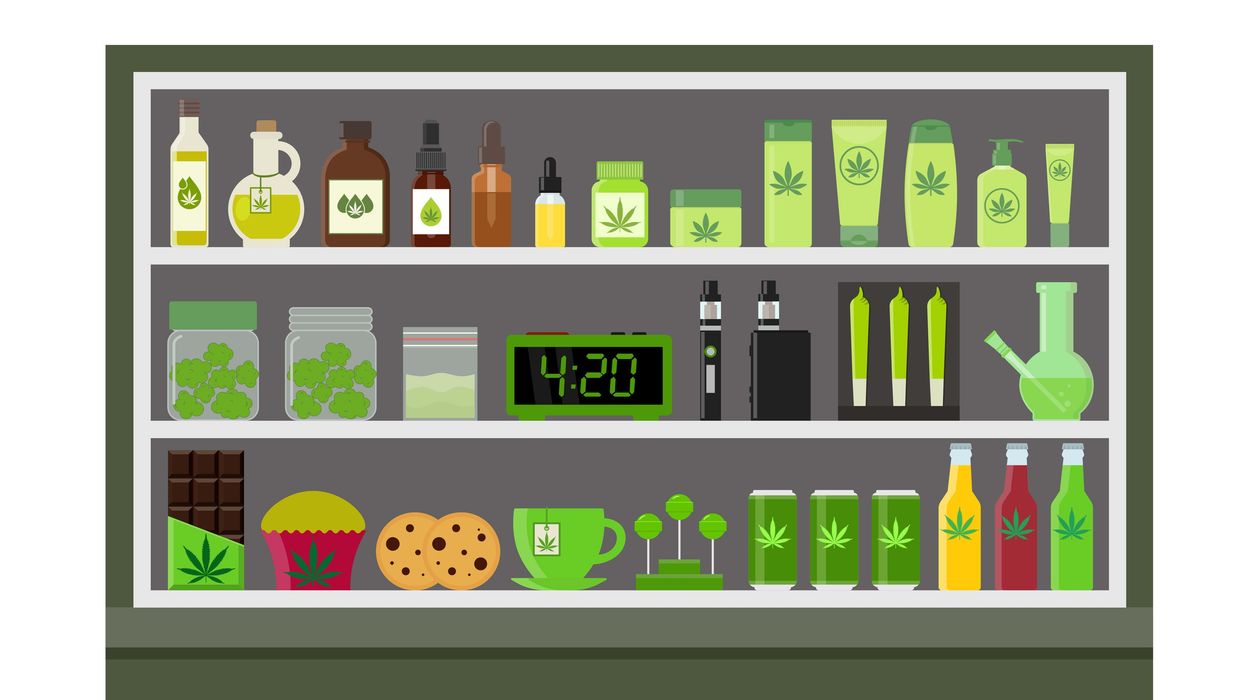Delta-8 THC picked up a lot of traction recently. Like CBD, it offers a slew of benefits and effects that are perfect for hemp extract fans and recreational users alike.
Delta-8 currently faces legal and regulatory hurdles and a significant gray area with manufacturing, sale, and distribution. If this sounds familiar, it’s because CBD faced similar obstacles before the 2018 Farm Bill made its source – industrial hemp – federally legal. The difference is CBD’s lack of psychotropic effects made it less controversial to prohibitionists and law enforcement alike.
So what is delta-8 THC? Is it legal and – if so – where’s the best place to get it? Let’s answer those questions, plus other important nuances about this novel cannabinoid.
What is Delta-8 THC?
Delta-8 THC is an isomer of delta-9. An isomer is a compound with the same number of carbon and hydrogen atoms, but with a different structure. In other words, delta-8 is built differently from delta-9.
Specifically, both are composed of carbon chains, with one part attached to a combination of functional atoms called a carboxyl group. These carboxyl groups are present in THC during its inert, raw acidic form THCA (tetrahydrocannabinolic acid). When heated, the acid loses its carboxyl group to become active THC – hence the term “decarboxylation.”
With THC 8 and 9, the difference lies in the location of these carboxyl groups. Delta-9 THC’s group is located on the 9th carbon chain, while delta-8’s is on the 8th.
Effects
We’ve established that delta-8 and delta-9 THC are structurally different. Doesn’t sound like a big deal so far, does it? Except it is a big deal – a very big one. The location of these carboxyl groups significantly impacts the way the rest of the compound behaves, leading to a difference between the effects of delta-8 and delta-9.
Like delta-9, delta-8 THC binds to the CB1 and CB2 receptors. However, delta-8 shows a weaker bind to the CB1 receptors (located in the central nervous system) compared to delta-9. As a result, consumers experience a substantially milder cerebral high.
This major difference is a game-changer for those who don’t like the potentially heavy intoxication (and associated side effects) of delta-9 THC.
What are the Health Benefits of Delta-8 THC?
Research into the health benefits of delta-8 THC is preliminary at best. What we do know for sure is that delta-8 THC’s high is much less potent than delta-9.
Given that delta-9 THC can cause paranoia and anxiety, delta-8 offers a milder alternative that reportedly doesn’t trigger those side effects. Meanwhile, patients can still perhaps enjoy several of the health benefits of THC.
There was one study done on delta-8 THC and its anti-nausea benefits on children undergoing chemotherapy. The success rate was high, but the study had a very small sample size of only eight kids.
Another study showed promise for delta-8 having anti-inflammatory and analgesic properties for neuropathic eye pain in mice.
It’s also possible, according to one 2004 review, that delta-8 THC can promote gastrointestinal health and combat symptoms of IBS and other gut-related issues.
Of course, there are anecdotes that expand this list substantially, including benefits like:
- Anti-anxiety
- Antidepressant
- Improved sleep
- General pain relief
- Appetite stimulation
...and many more.
So how much is true, how much is implied, and how much is just rumor? We’ll have to wait until more research clears the air. Meanwhile, it looks like delta-8 has potential and – if allowed – will likely appeal to a new market and grow in popularity, rivaling CBD.
Are There Risks With Delta-8 THC?
If you’re concerned about long-term risks with delta-8 THC, then unfortunately there is no clear answer for you. Researchers are barely getting a strong grasp on how (or if) delta-9 can harm people over time, let alone the novel delta-8.
There haven’t been any short-term reports of serious harm, but the side effects of delta-8 are similar to delta-9, including:
- Dry mouth
- Dizziness
- Impairment
- Distorted perception
Again, these are quite muted compared to delta-9.
How Delta-8 THC is Made
Notice how we chose “made” instead of “extracted”? That’s because, unlike other cannabinoids on the market, manufacturers create delta-8 THC using a complex chemical process.
Interestingly, delta-8 can come from either delta-9 THC or CBD, but CBD is the preferred choice as it requires less work and faces fewer legal hurdles.
Sourcing through CBD is part of the reason why companies feel they can technically sell delta-8 without a license, but we’ll cover that later.
First, manufacturers need a solvent, but not the usual ones like alcohol, CO2, or even butane. Instead, they use alkane hydrocarbons – the primary choice being heptane.
Next, they add an acid from the Lewis acid category, such as hydrochloric acid. This is the lengthiest part, as it can take up to 18 hours, depending on the acid used.
In the final stage of production, manufacturers chemically neutralize the acid mixture.
Results vary from one formula to the next, creating different possible by-products that are harmful if consumed. This brings us to the next step.
The final product goes through rigorous testing. This is essential, because – unlike with CBD – it’s not possible to use clean extraction methods, like CO2.
Is Delta-8 THC Legal?
Unfortunately, cannabis with more than 0.3% (delta-9) THC (a.k.a. “marijuana”) is still federally illegal.
So, what about delta-8 THC?
Naturally, it’s normal to be concerned. The last thing you want is to accidentally end up on the wrong side of the law – especially considering the draconian nature of marijuana laws in some states.
Consumers and vendors argue that it’s technically legal, while the government has a different opinion.
Legal Loophole
This is where the extraction process comes up again. As we know, hemp-derived CBD is federally legal. Consumers and vendors, therefore, argue that if CBD is legal, and delta-8 is a derivative of CBD, then there shouldn’t be a problem.
This logic seems sound to a layperson. Police haven’t been shuttering businesses or arresting people over delta-8 (yet). But expect a regulatory battle in the coming years, just like the ongoing one over CBD. Ultimately, it’s about applying common sense when enforcing drug laws – but we all know how often that happens.
Government Stance on Delta-8 THC
While the federal debate on delta-8 THC continues, some states took it upon themselves to regulate or ban delta-8, with varying results. But this is only the beginning of a huge legal rabbit hole that could put hemp manufacturers at risk.
Interestingly, the legal complications don’t stem from delta-8, but rather what could happen during the extraction process.
In August, 2020, the DEA released its Interim Final Rule on hemp and hemp derivatives. They explain that in order for cannabis sativa L. to remain under the “hemp” classification, nothing – be it the plant or extract – can contain over 0.3% delta-9 THC.
So, if your delta-8 THC contains 0.4% delta-9 THC, it becomes illegal. Unlicensed companies can’t be in possession of cannabis or derivatives with more than 0.3% THC, including during the extraction and separation.
In other words, it doesn’t matter if the source or final products contain less than the legal THC limit. If the extraction process causes the THC concentration to exceed 0.3% – even temporarily – they violate the law.
“Go Against the Spirit of the Law”
Some legal experts are willing to concede that delta-8 is technically legal. So while the Controlled Substances Act as it’s written can’t ban the product, that doesn’t mean delta-8 adheres to the law's intent. Hemp industry lawyer Jonathan Miller explains to Forbes:
“We’re alarmed by the rise of products marketing themselves as hemp and as intoxicating. These products might be legal right now, but we believe they go against the spirit of the law.”
So is delta-8 THC legal? That depends on who you ask. The better question might be “is it legal to buy delta-8 THC?” In this case, the answer is “yes.”
Delta-8 THC Products
Edibles and Drinks
There are many foods and beverages infused with delta-8 THC. These give a more recreational feel to the product, but also make your daily supplement more enjoyable.
Gummies are particularly popular in the CBD industry, and it appears delta-8 THC followed that trend.
Smoking & Vaping
E-liquids, vape cartridges, and dried flower are really popular for people who want an authentic cannabis smoking/vaping experience. Inhalation is also the fastest-acting and most bioavailable method.
How are delta-8 pre-rolls possible, you might ask? Producers spray the hemp flowers with delta-8 isolate. So, if you are after delta-8 flower, it’s especially important to find a brand you can trust.
Tinctures and Oils
“Tinctures” and “oils” are sometimes used interchangeably. But by definition, a tincture is a liquid taken sublingually (under the tongue) before swallowing, while oil skips that step.
Isolate Powder
Isolate is a cannabis extract containing 99% pure delta-8 THC and no additional cannabinoids or terpenes.
Powdered isolate is particularly handy because the product can mix with virtually anything, from tea to vape liquid. Best of all, it’s flavorless, allowing you to include it with your favorite food or drinks without altering the taste.
Need a little more Bluntness in your life? Check out our YouTube page!
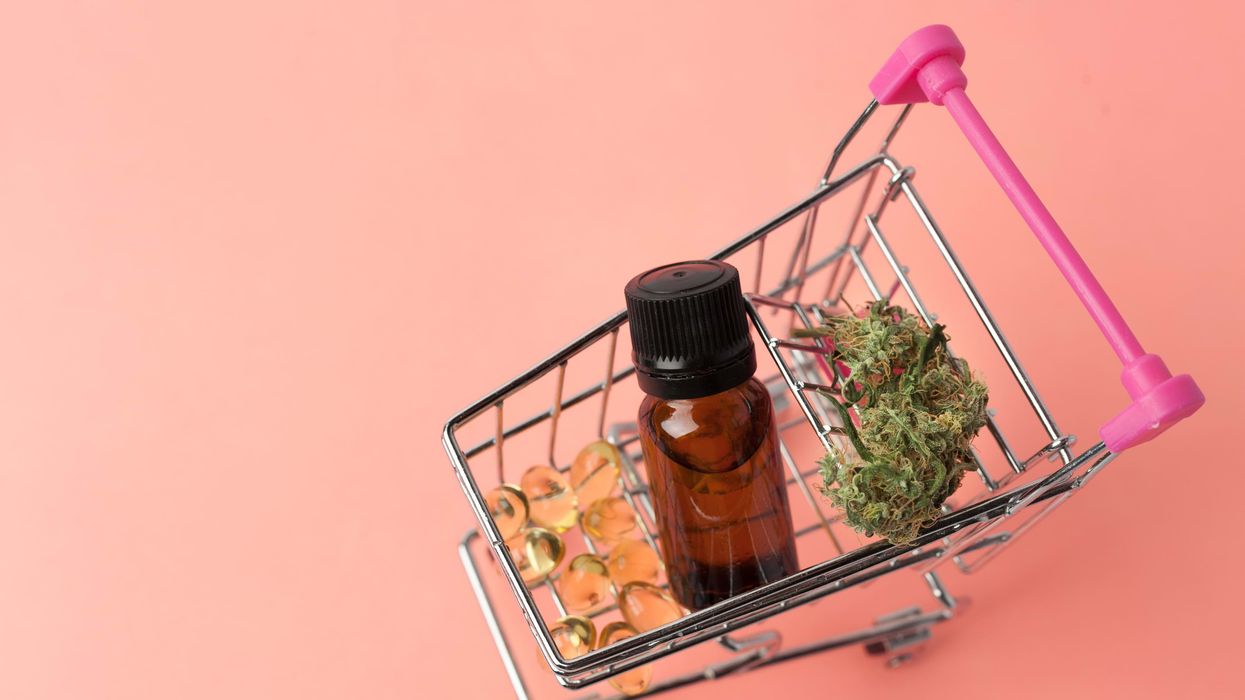

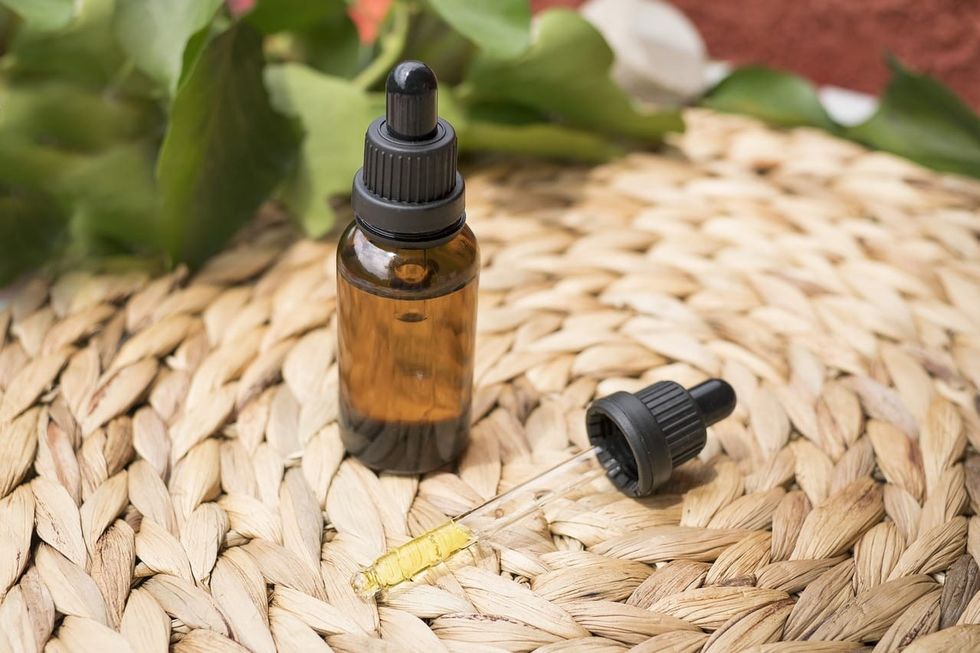
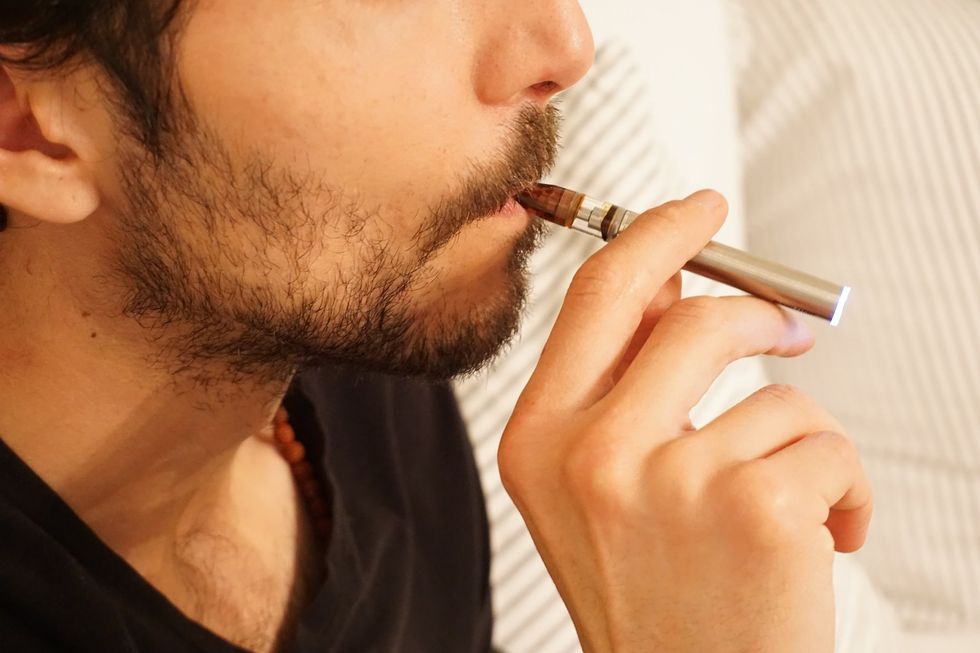


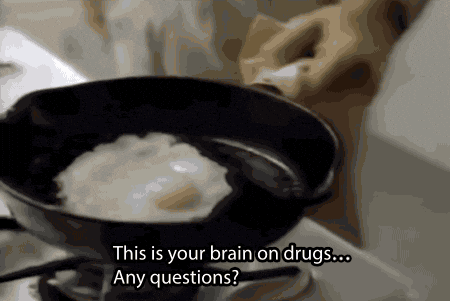









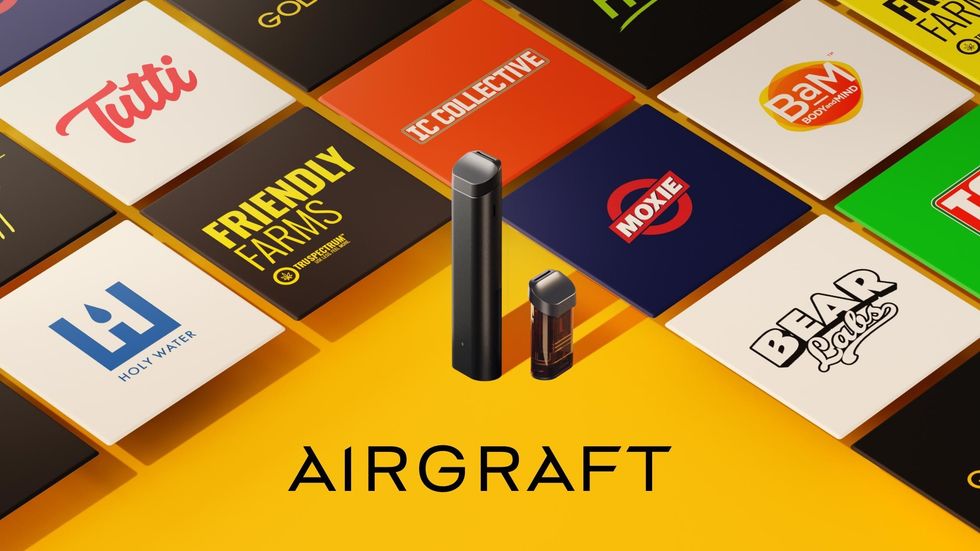 Airgraft has just disrupted cannabis concentrate vaping in more ways than one.
Airgraft has just disrupted cannabis concentrate vaping in more ways than one.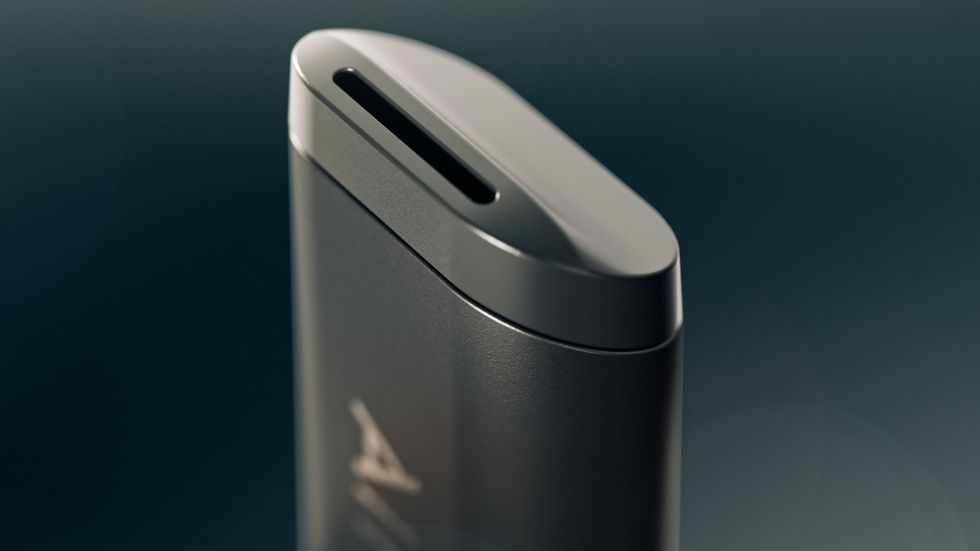 The Airgraft 2 is proving to be a game-changer for cannabis resin vaping.
The Airgraft 2 is proving to be a game-changer for cannabis resin vaping.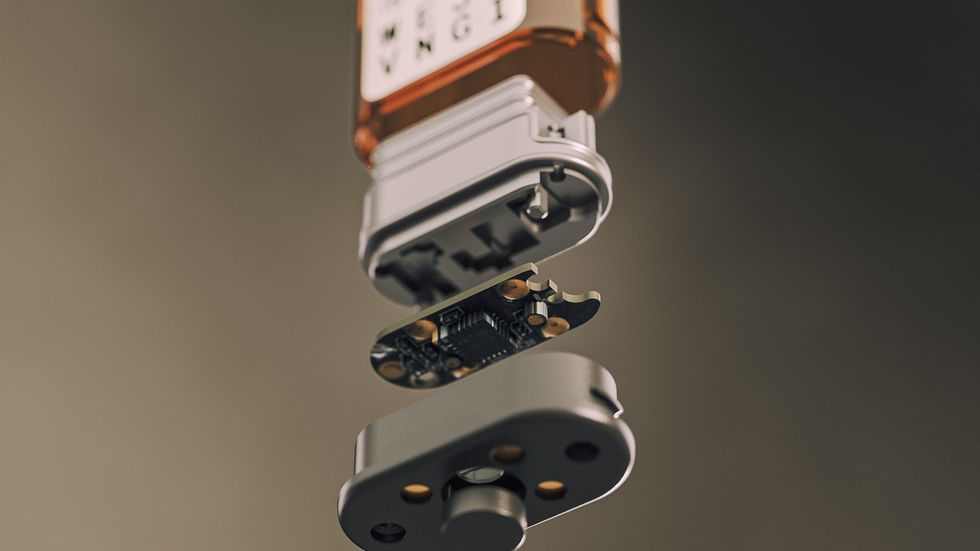 A lot of thought and expertise went into the design of Airgraft 2.
A lot of thought and expertise went into the design of Airgraft 2.

 Aligning cannabis with adult content does little to elevate the perception and acceptance of cannabis as a legitimate, respectable industry.
Aligning cannabis with adult content does little to elevate the perception and acceptance of cannabis as a legitimate, respectable industry.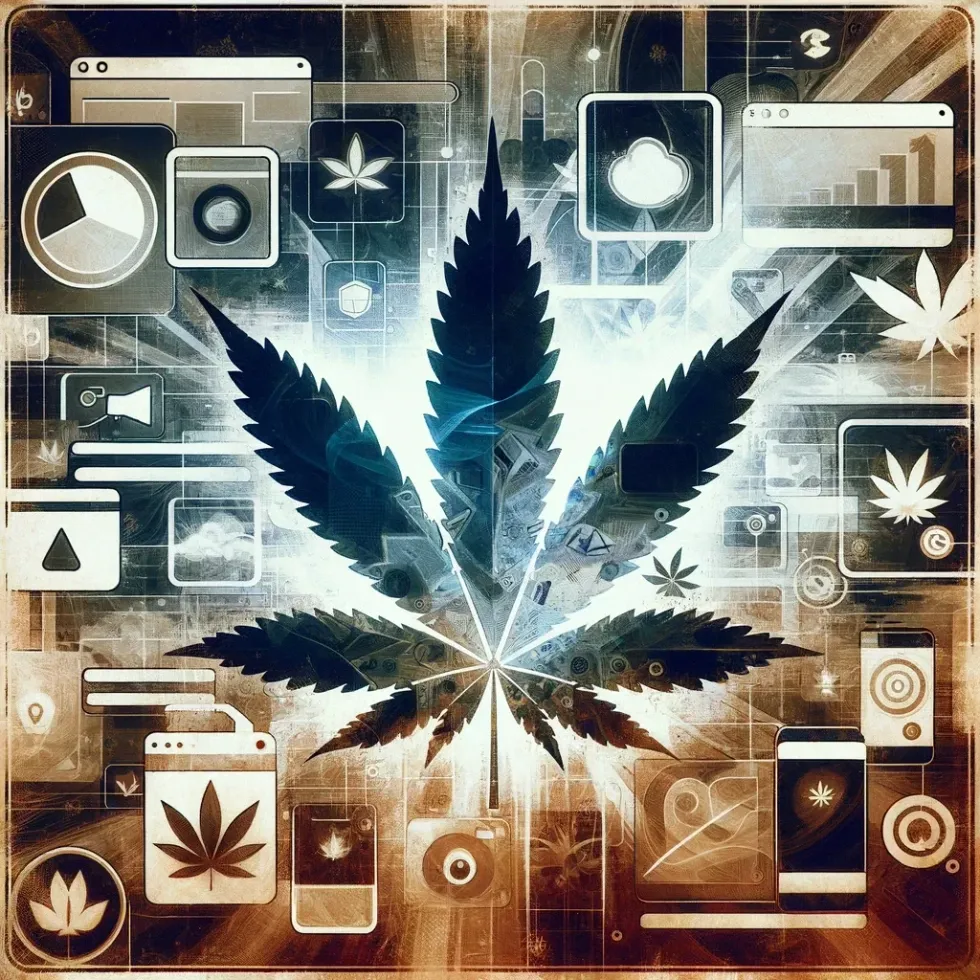 Aligning cannabis with adult content does little to elevate the perception and acceptance of cannabis as a legitimate, respectable industry.
Aligning cannabis with adult content does little to elevate the perception and acceptance of cannabis as a legitimate, respectable industry.